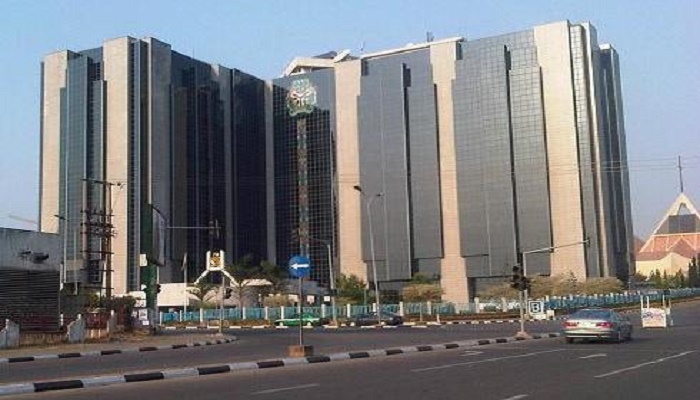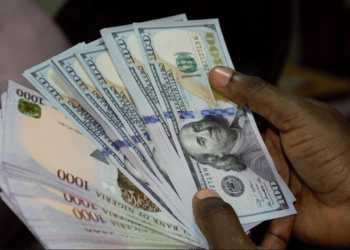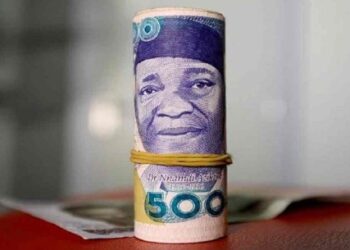Nairametrics| The Central Bank of Nigeria appeared to have calmed nerves last week when it issued a new forex guidelines. The new circular contained a new forex window for investors and exporters to transact in foreign exchange without the Central Bank of Naira holding on to it like a kite.
It bears the hallmark of a floating exchange rate and if you are an optimist, you can walk away thinking it is one. However, according to analysts cited by Reuters, if the apex bank thinks that this move will stimulate foreign direct investments, then it should think again. If you are a pessimist like they are, then your gut feeling suggest this window will fail to attract foreign investors.
Why it won’t succeed
The feelers coming from analysts is that the move which will weaken the Naira has created another exchange rate will in turn further deter investments into the country. Nigeria already had five rates: the official rate, the black market, a rate for Muslim pilgrims going to Saudi Arabia, a retail rate set by licensed exchange bureaus and a rate for foreign school fees. And with this special window, yet another was created.
“The move … is unlikely to … attract sizeable inflows until there is harmonization between the different markets,” said Razia Khan, Africa chief economist at Standard Chartered Bank. Similarly, the head of Nairobi-based Rich Management, Aly-Khan Satchu, said “The central bank is seeking to fine-tune its FX policy without a fully-fledged devaluation, (but) the proof will be in the pudding,”
The Central Bank has repeatedly come out to insist that a full devaluation is off the cards with the ‘peculiarities’ of the Nigerian economy unlikely to make it work. However, economists continue to hammer on a full float and harmonization of the exchange rates as the way out.
“The segmentation of forex demand through the adoption of multiple FX arrangements impedes the exchange rate from reaching true equilibrium…Weak central bank credibility will unfortunately not help matters much, with the bank backtracking on previous decisions on numerous occasions in the past,” said Cobus de Hart, senior economist at NKC in Johannesburg.




















